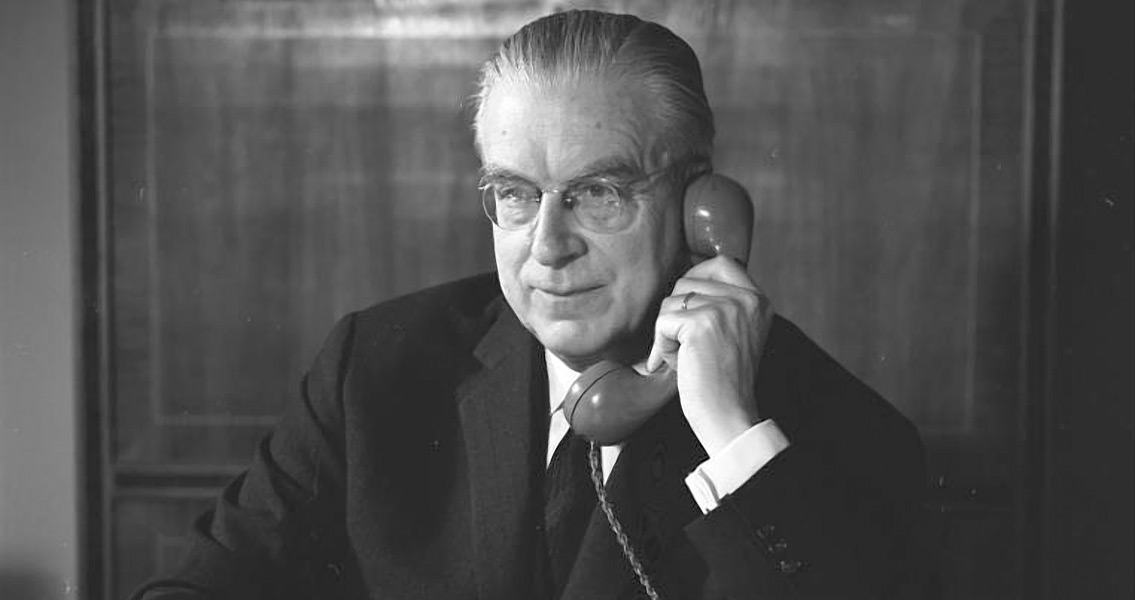<![CDATA[Germany is to launch a four million euro inquiry into possible Nazi influences on the country's post World War Two governments, including the office of the Chancellor. The investigation is scheduled to run until 2020 and will add to the results of twenty other inquiries currently underway at various other ministries and institutions to determine the reach and influence of Nazi networks after the fall of Hitler's regime. These inquiries look to engage with one of the most sensitive, complex parts of Germany's history. After the war, the country had been reduced to ruins, and for years was subject to occupation by the Allied powers. The Nazi regime had been comprehensively defeated, yet the presence and influence its supporters retained in German society after the war is a source of controversy, even now. Launched by the German Culture ministry, the new investigation will focus on the German governments of the 1950s and 1960s. Particular attention will be placed on Hans Globke, who served as chief of staff to former West German Chancellor Konrad Adenauer between 1953 and 1963. Born in 1898, Globke was a German lawyer with a long career as a civil servant, working in both the Nazi government and its predecessor, the Wiemar Republic. Significantly, Globke played a role in the preparation of the Nuremberg Race Law, as well as the creation of the "Jewish code" which was enforced in Slovakia during the Nazi occupation of the country. After the Second World War, Globke denied having been converted to Nazism, claiming he had only joined the NASDAP to further his career. Before Hitler took power however, Globke had helped draft a 1932 law which made it much harder for Prussians of Jewish origin to change their surnames to less recognisably Jewish ones. At the Nuremberg Trials he served as a witness for both the prosecution and defence of senior Nazis. He admitted then that he'd known "the Jews were being killed in large numbers." Globke was a confidante of Adenauer, as well as being responsible for recruitment in his administration. The investigation plans to look at those who were offered employment in West Germany's Government. It is unclear at this time if Adenauer will also be a subject of the inquiry. A report published in October by the German government claimed that 77% of officials working in the German justice ministry in 1957 were former members of the Nazi Party. The most infamous was Eduard Dreher, who in 1968 drafted a law seemingly designed to restrict the work of Nazi hunters in Germany. It is believed that several leading Nazis managed to escape Germany after the war, fleeing to South America. Some, such as the infamous Adolf Eichmann, were eventually captured, while others managed to evade justice for the rest of their lives. While many who’d worked in the higher echelons of the Nazi regime were either killed in the Second World War or prosecuted at the Nuremberg Trials, lower level party members or soldiers were often allowed to continue unpunished, forging careers in Germany’s post war society. ]]>
Nazi Networks in Post War Germany Under Investigation
